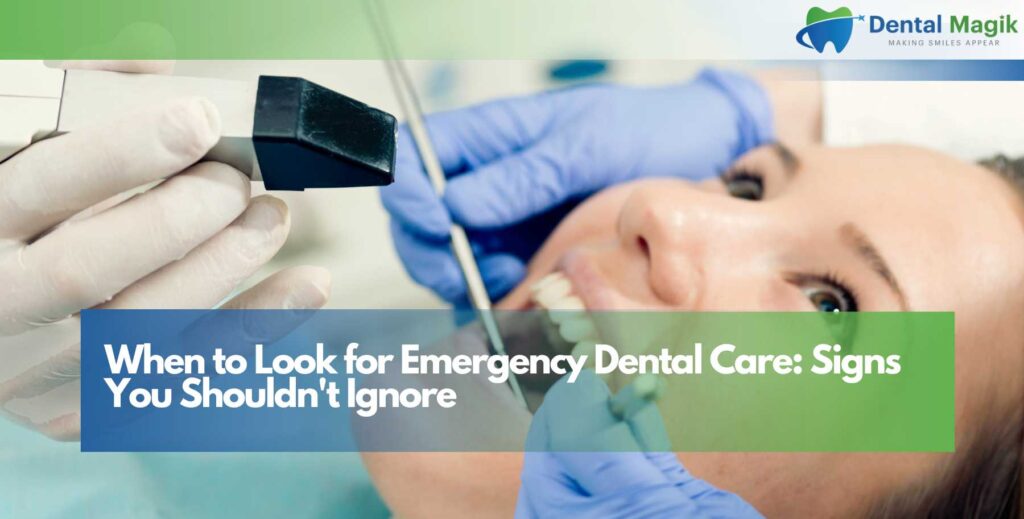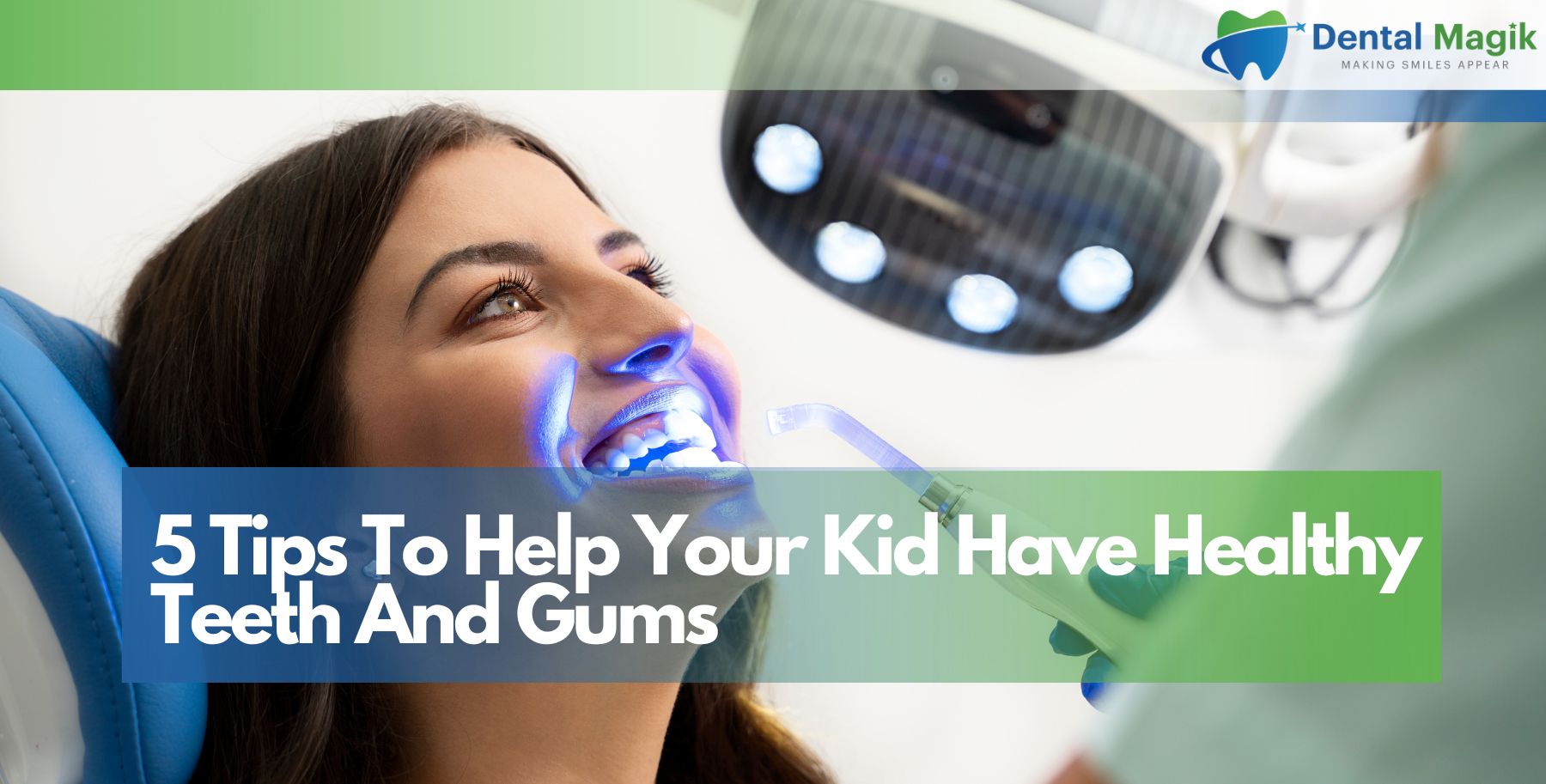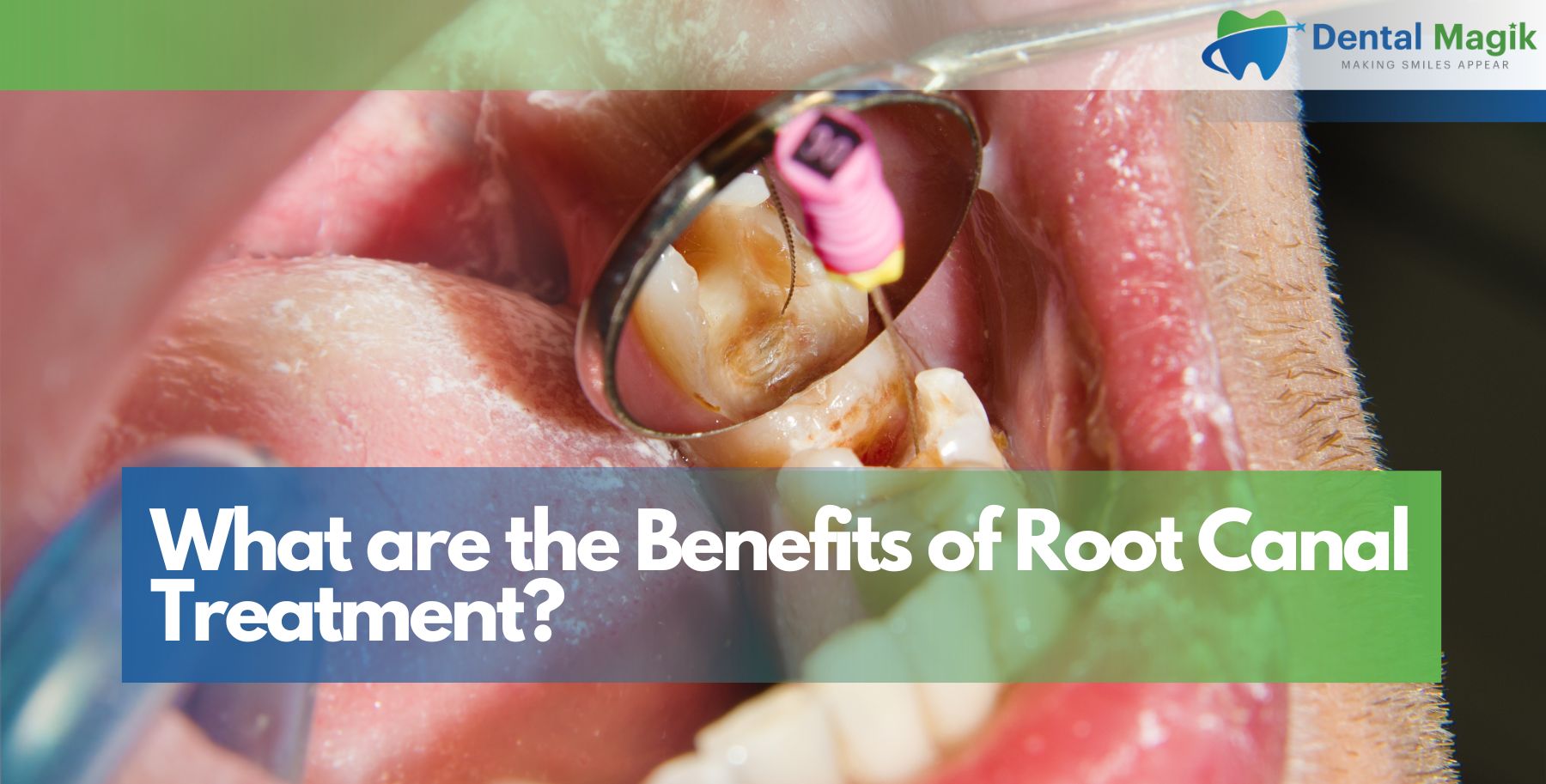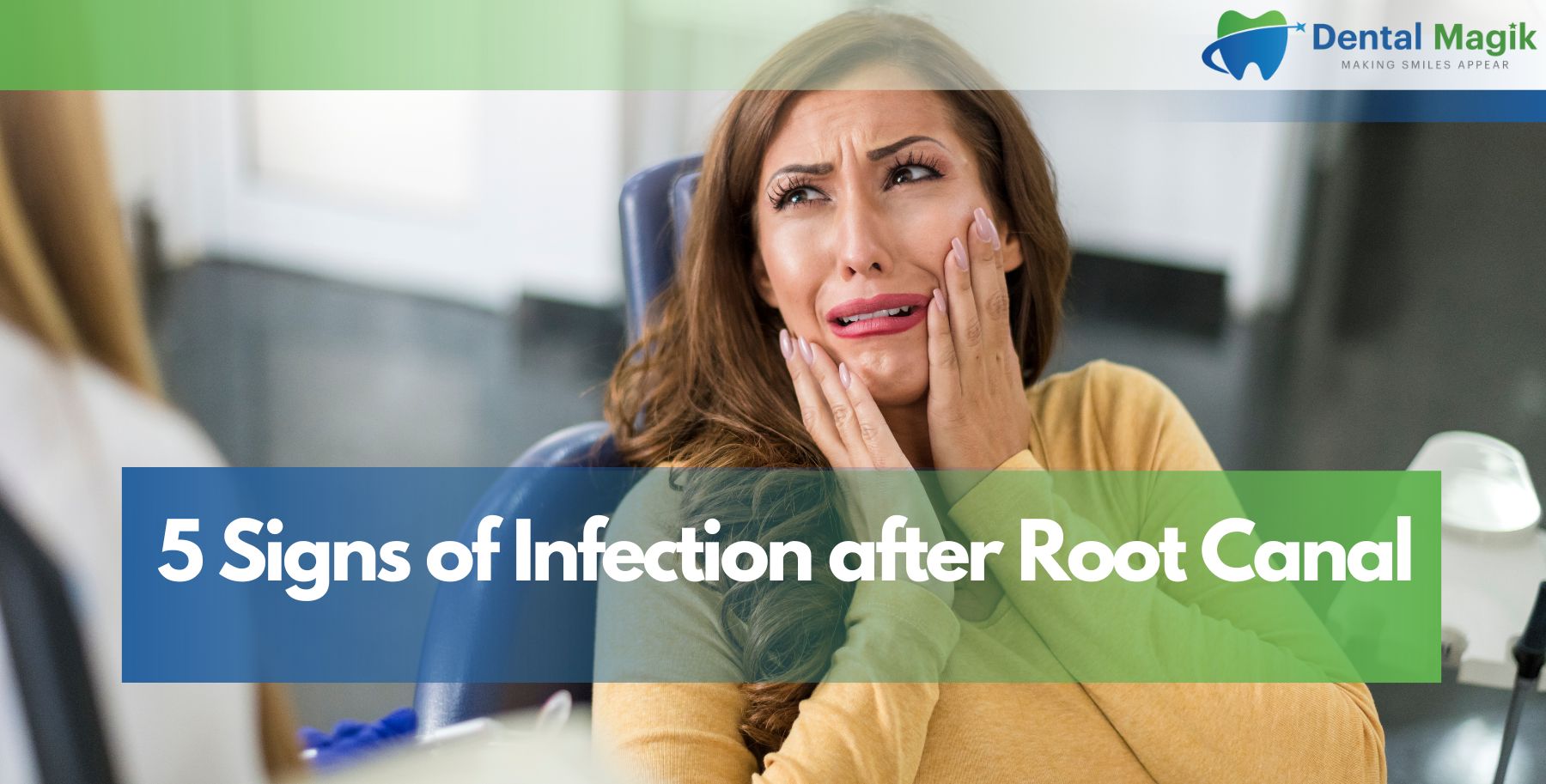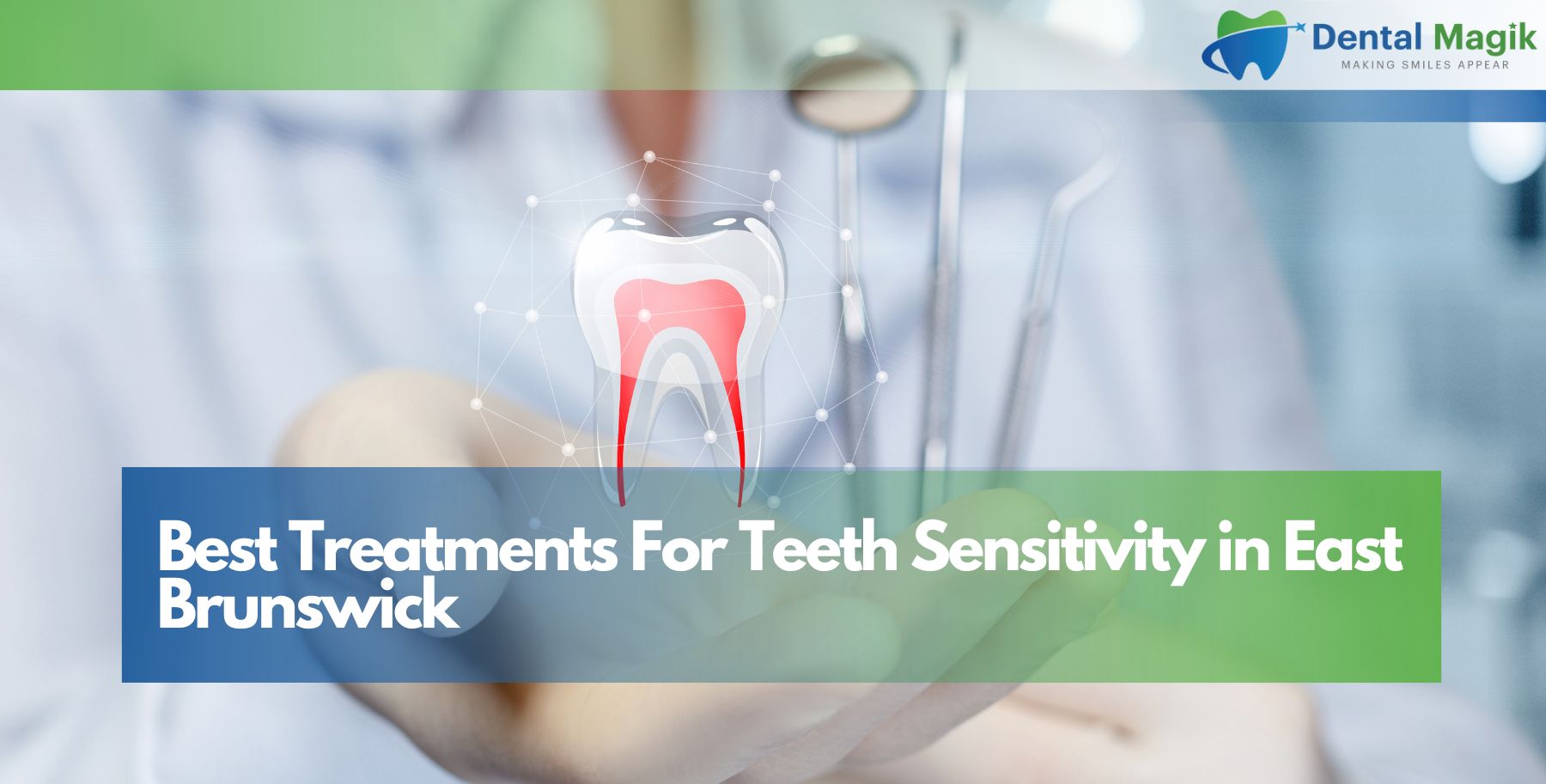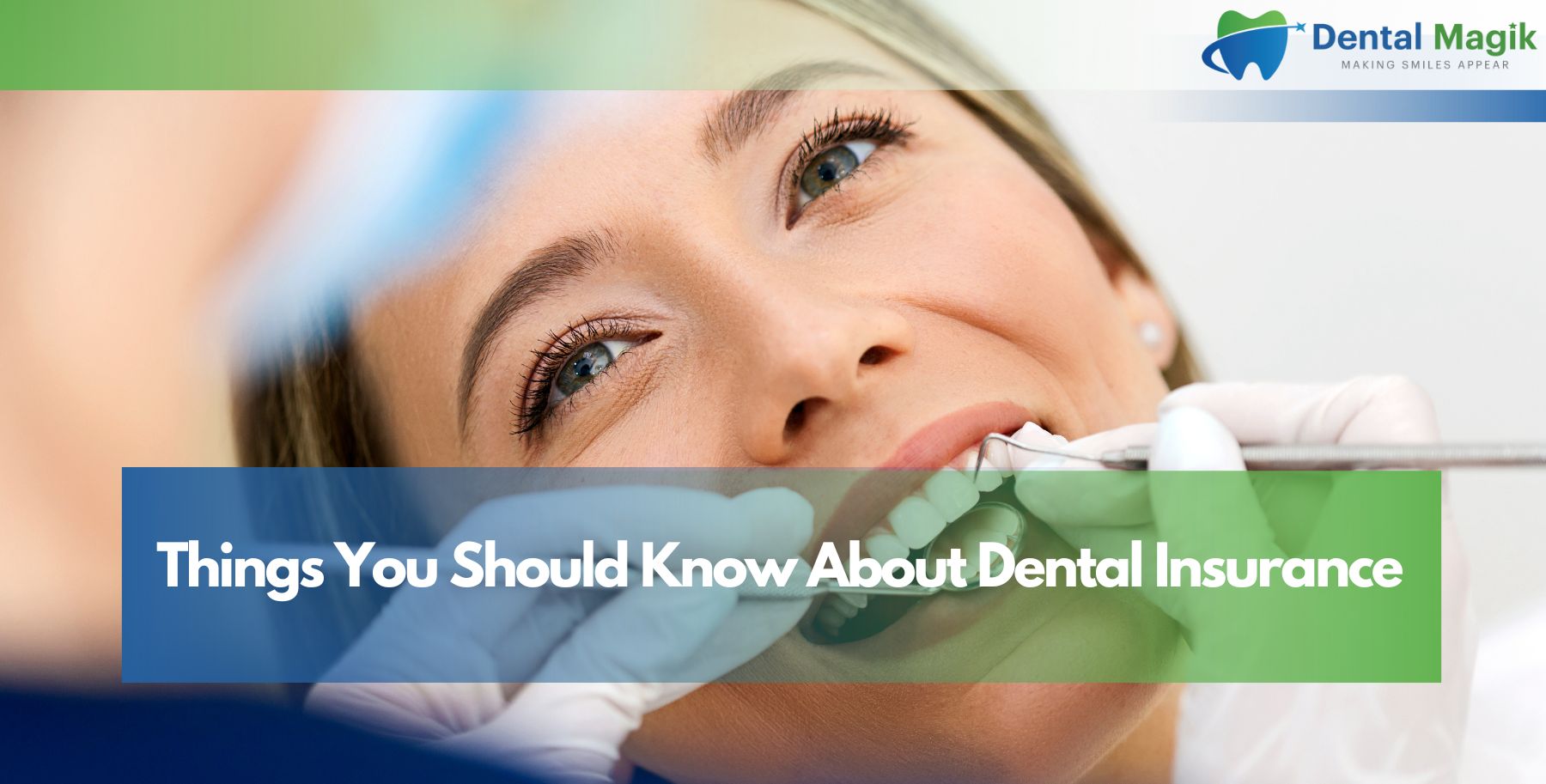Dental emergencies can arise at any time, often when you least expect them. While it may seem tempting to wait and hope the issue resolves itself, ignoring certain symptoms can lead to more severe complications, long-term damage, or even permanent tooth loss. Recognizing the signs of a dental emergency and seeking prompt care is crucial for maintaining your oral health and overall well-being. In this article, we will delve deeper into the key indicators that signal the need for Emergency Dentistry in East Brunswick, providing detailed guidance on when to act and what steps to take.
Severe Tooth Pain: When to Take Action and Why You Shouldn’t Delay
Persistent, intense tooth pain is one of the most common signs that you need emergency dental care. Pain that lingers for hours or days, especially if it interferes with your daily activities or prevents you from sleeping, should never be ignored. This level of discomfort often indicates an underlying issue such as a deep cavity, dental abscess, or infection. When left untreated, these problems can worsen, potentially leading to systemic health complications like infections spreading to other parts of the body. Prompt intervention can alleviate pain and save the affected tooth.
If you experience severe pain that radiates to your jaw, neck, or ear, it may be a sign of a more serious infection that requires immediate attention. Applying cold compresses and taking over-the-counter pain relievers can provide temporary relief, but scheduling an emergency dental appointment is essential.
Bleeding or Swollen Gums: What It Means for Your Oral Health and the Risks of Ignoring It
While minor gum bleeding during brushing or flossing can sometimes occur, excessive or unexplained bleeding accompanied by swelling is a red flag that shouldn’t be overlooked. This could be a sign of advanced gum disease (periodontitis) or a gum infection that, if left untreated, can result in tooth loss and jawbone deterioration.
Inflamed gums that are tender to the touch or bleed profusely could also indicate an abscess or foreign object lodged beneath the gumline. Emergency dental care can help control the infection, prevent it from spreading, and preserve the integrity of your teeth and gums. Early intervention ensures that more aggressive treatments, such as surgery or tooth extraction, can be avoided.
Knocked-Out Tooth: Immediate Steps to Save Your Smile and Maximize the Chances of Reimplantation
A knocked-out tooth is a critical dental emergency that requires swift action. Acting quickly increases the likelihood of successfully saving the tooth. If addressed within an hour, many dentists can reinsert the tooth and stabilize it. Here’s what to do:
- Carefully pick up the tooth by the crown (avoid touching the root).
- Gently rinse the tooth with water if it’s dirty, but do not scrub it.
- Try to place the tooth back into the socket. If this isn’t possible, keep the tooth moist by placing it in milk or saline solution.
- Head to the dentist immediately for evaluation and reinsertion.
Even if the tooth cannot be saved, immediate dental care can minimize damage to surrounding tissues and prepare you for tooth replacement options.
Cracked or Broken Teeth: Why You Shouldn’t Ignore Even Minor Fractures
A cracked or broken tooth may not always seem like an emergency, but even minor fractures can lead to significant complications if left unaddressed. Cracks can expose the inner layers of the tooth (dentin and pulp), making the area vulnerable to bacterial infection and decay. This can result in the need for root canal therapy or tooth extraction if ignored for too long.
Common causes include trauma, accidents, or biting down on hard objects. Emergency dental care can restore the tooth’s structure, prevent further damage, and relieve associated pain. In some cases, a dental crown or bonding may be required to protect the tooth.
Dental Abscess: A Hidden Danger to Your Health and How to Spot It Early
A dental abscess is a severe infection that forms at the root of a tooth or in the surrounding gum tissue. It presents as a painful, pus-filled swelling, often accompanied by fever, facial swelling, and a persistent bad taste in the mouth. Abscesses can develop from untreated cavities, gum infections, or dental trauma.
If left untreated, the infection can spread to the jawbone, neck, or even the brain, posing life-threatening risks. Immediate drainage and antibiotic treatment are often required, followed by restorative procedures to address the underlying cause. Regular dental check-ups can help identify issues before they progress to abscess formation.
Loose or Dislodged Teeth: Why Stabilization is Critical
Adult teeth should never feel loose. If you notice a loose or dislodged tooth, it could indicate trauma, advanced gum disease, or bone loss due to infection. Seeking emergency dental care as soon as possible can help stabilize the tooth and prevent further deterioration.
In cases where the tooth cannot be saved, dental implants or bridges can provide long-term solutions. Early intervention, however, often leads to better outcomes and the potential to save your natural tooth.
Jaw Pain and Swelling: Is It a Dental Emergency or Something More Serious?
Jaw pain or swelling can result from a variety of conditions, including temporomandibular joint (TMJ) disorders, dental abscesses, or infections. Sometimes, the pain is accompanied by difficulty opening your mouth or chewing, which could indicate a more severe issue requiring immediate care.
Ignoring jaw pain can lead to misalignment, chronic discomfort, and damage to the surrounding teeth. Seeking emergency dental care can diagnose the root cause and prevent the need for more extensive treatments.
When to Contact an Emergency Dentist
If you experience any of the symptoms outlined above, do not hesitate to seek Emergency Dentistry in East Brunswick, NJ. Acting promptly can make a significant difference in preserving your dental health, alleviating pain, and avoiding costly future procedures. Most dental offices have after-hours services or emergency hotlines, ensuring you can receive care when you need it the most.
Conclusion
Recognizing the signs that require emergency dental care is essential for protecting your oral health. Whether you experience severe pain, swelling, or trauma, seeking prompt attention from a Dentist in East Brunswick, NJ can prevent long-term damage and ensure your smile remains healthy and strong. Proactive care and early intervention play a crucial role in safeguarding your teeth and gums for years to come.

